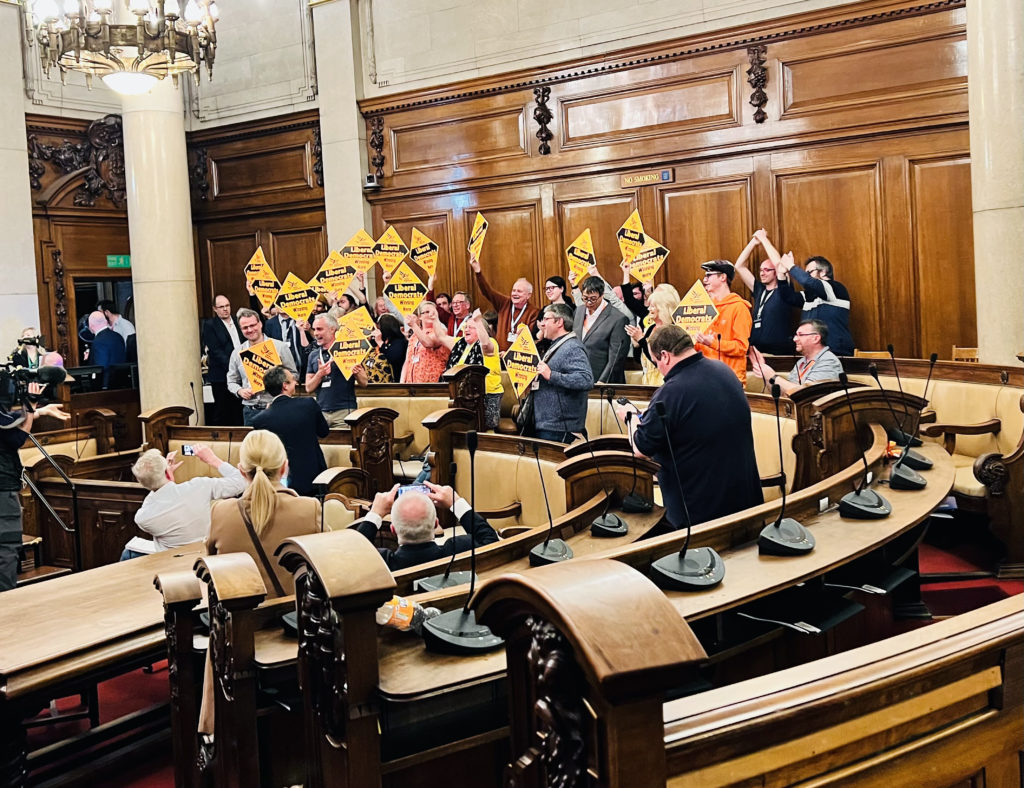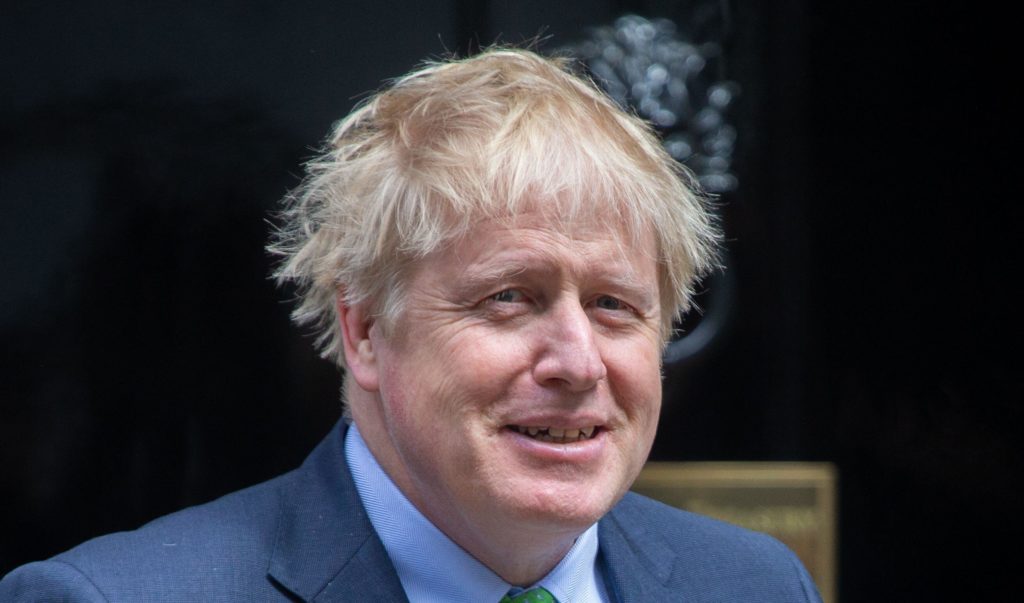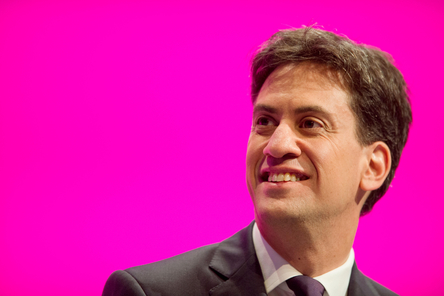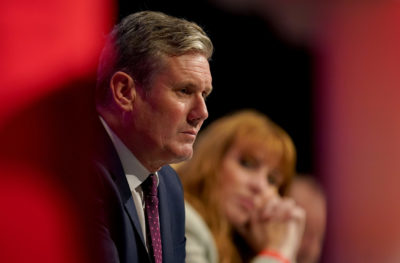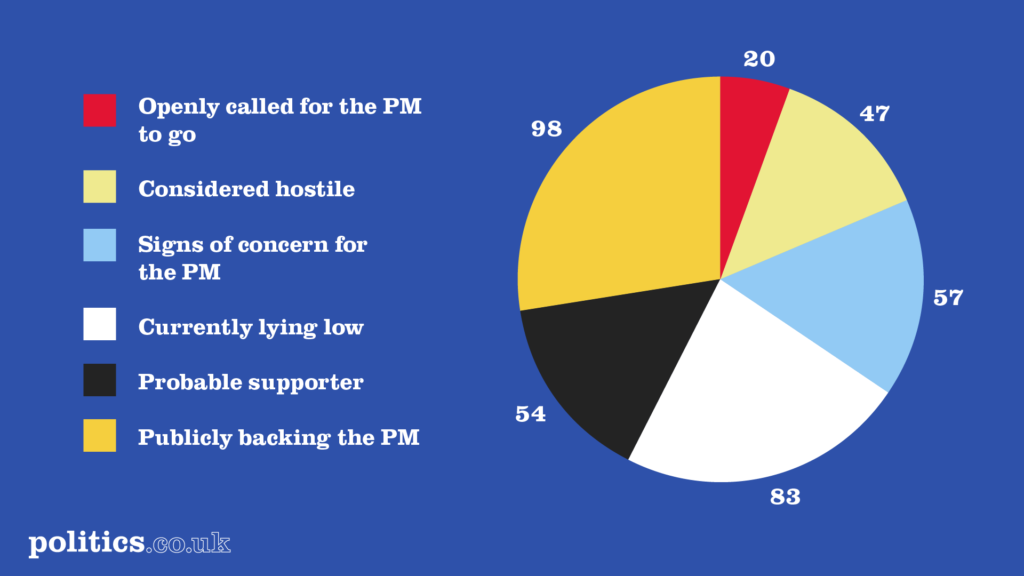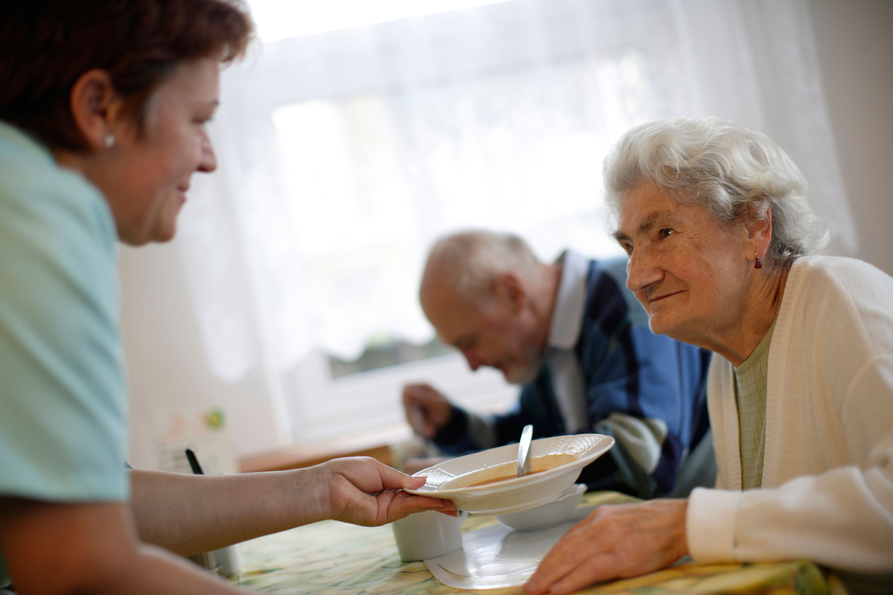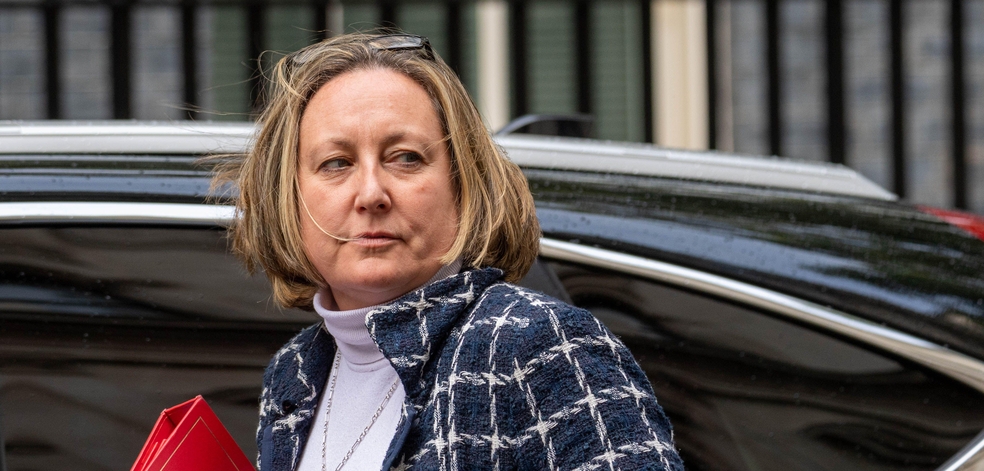Overview
Initially a journalist at the Financial Times, in the 1990s, Ed Balls attached himself to Gordon Brown-whom he would follow for the next two decades. As Brown’s closest political ally, Balls went from adviser to speechwriter, to MP and, finally, to Cabinet Minister in Brown’s government.
Following Brown’s defeat at the 2010 General Election, Mr Balls tried to succeed Gordon Brown as Labour party leader. However, Balls finished third behind Ed and David Miliband. Under Ed Miliband, Balls became shadow Home Secretary (2010) and then shadow Chancellor (2010-2015).
Balls lost his seat at the 2015 General Election and has since become a prominent broadcaster.

Balls is married to the Labour MP, Yvette Cooper
What does Ed Balls Do now?
Having suffered a high-profile ‘Portillo Moment’ at the 2015 election, Balls has thrived in his newfound freedom. Since 2015, he has held a variety of positions including ‘Professor of Political Economy at King’s College, London‘; Research Fellow at the Harvard University’s Kennedy School; and co-Chair of the UK Holocaust Memorial Foundation.
Balls was also the Chairman of his boyhood Norwich City FC , before stepping down in 2018.
Famously, Balls was a contestant on Strictly Come Dancing in 2016 and was nominated for the BAFTA TV moment of the year in 2016. Balls was up against ‘Game of Thrones: Battle of the Bastards’, ‘The Late Late Show: Carpool Karaoke Michelle Obama’ and ‘Planet Earth II: Snakes vs Iguana Chase’ among others, he did not win.
Balls has become an accomplished broadcaster since losing his seat in Parliament. In 2018, he fronted the BBC documentary ‘Travels in Trumpland: with Ed Balls‘ which returned for a second season in 2020 as ‘Travels in Euroland with Ed Balls‘.
Political Career
Balls studied Philosophy Politics and Economics (PPE) at Oxford University where has was a member of the all of the Conservative, Liberal Democrat and Labour Societies.
After graduating with a 1st, Balls became a journalist for the Financial Times (FT) in 1990. In 1992, Balls wrote an article for the Fabian Society about the future of Labour‘s economic policy. He advocated for an independent Bank of England, a different approach to investment and a new means of tackling unemployment.
Gordon Brown, the recently appointed Shadow Chancellor, caught wind of the piece and invited Balls to work for him. Together, Balls and Brown helped re-imagine Labour‘s economic policy and as such worked to forge the party’s ‘New Labour‘ identity.
Balls became a key speechwriter for Brown. In a 1994 speech, Brown committed to following ‘post-neoclassical endogenous growth theory’, prompting Michael Heseltine’s famous retort: ‘It’s not Brown’s. It’s Balls!’.
When Gordon Brown became Chancellor in 1997, Balls became his Chief Economic Adviser, a position he held until 1999 when he was appointed Economic Adviser to the Treasury (1999-2004). In 2005, Balls was elected as the Labour MP for Normanton in Yorkshire. The seat was later renamed Morley and Outwood.
Having quickly been appointed to the government as Economic Secretary to the Treasury from 2006-2007 under Blair, Balls was promoted to the Cabinet as Secretary of State for Children, Schools, and Families under Brown. Balls held this post until 2010 when Labour was voted out of office.
In 2010, Balls announced his candidacy to succeed Brown as leader of the Labour Party. Coming third in the contest, Balls was subsequently appointed by Ed Miliband as shadow Home Secretary (2010) and then Shadow Chancellor (2010-2015).
Balls later described the tense relationship he had with Ed Miliband, relating how he was kept at a distance by Miliband saying about the 2015 campaign, that, ‘I think we probably only spoke twice in the whole four-week election campaign’. Ultimately, Balls lost his seat at the 2015 election, which was considered a significant scalp for the Tories.
Political Views
Alongside Brown, Balls helped pivot Labour away from the ‘tax and spend’ policies of the 1970s and 1980s. Balls was also central in the creation of the Minimum Wage and the establishment of an independent Bank of England.
Describing his politics to the New Statesman in 2006, Balls said: ‘I care about inequality and social justice, if it means that I believe we can build a sense of community by acting together, then I am happy to call myself a socialist’. Nonetheless, Balls has always been associated with the soft-left, Brownite wing of the Labour party.
In 2016, Balls described Jeremy Corbyn’s Labour leadership as a ‘leftist utopian fantasy’.
How old is Ed Balls?
Edward Michael Balls was born on the 25th of February 1967. He grew up in a working-class community in Norwich.
Who is Ed Balls‘ Wife?
Balls is married to the Labour MP for Pontefact and Castleford, shadow Home Secretary, and former Cabinet Minister, Yvette Cooper. The two were the first married couple to sit in the Cabinet together. They have 3 children.
Things you might not know about Ed Balls
He has climbed Mount Kilimanjaro
In 2019, Balls celebrated his 52nd birthday at the top of the 14,000ft high Mount Kilimanjaro. He did so to raise money for Comic relief. Balls also ran the London Marathon as shadow Chancellor in 2013. Chancellor George Osbourne was one of many who donated to his fundraising efforts.
He has overcome a stammer
As shadow Chancellor, Balls frequently spoke about his stammer. In 2012, Balls admitted his stammer ‘got the better of him’ when he faltered in his response to George Osborne’s autumn statement. Although Balls maintains he has largely ‘overcome’ the condition.
He likes baking
Balls has been open about his love of baking. In 2016, he appeared on a celebrity version of ‘The Great British Bake-Off’ show for Comic Relief.
There is an Ed Balls Day
On the 28th of April 2011, then-shadow Chancellor Ed Balls typed his name into Twitter, trying to search for an article about himself. Every year since, on the 28th of April, Twitter users commemorate the moment with the hashtag #EdBallsDay.
Social Media
Twitter – @edballs

